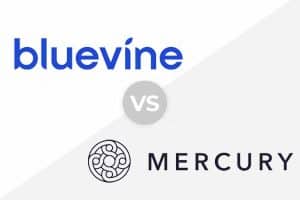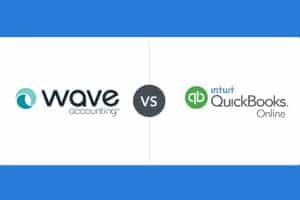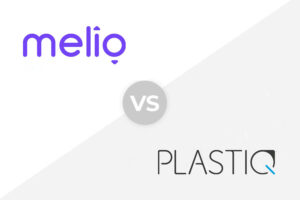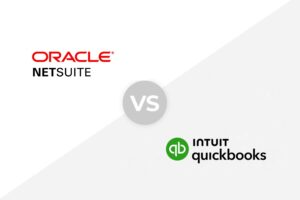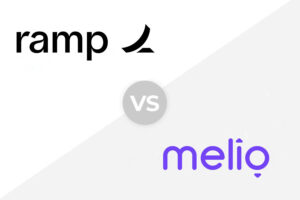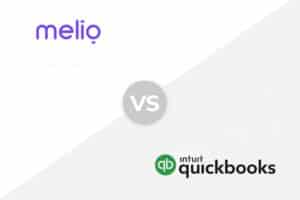The main differences between fixed rates and variable rates are how the rate fluctuates and how it alters your repayment amount and overall cost of lending. Various types of loans can have either a fixed or variable rate, and depending on your business needs, either rate option may be applicable. By understanding how both rate…
Versus
Bluevine vs Mercury Business Checking: Which Is Best?
Bluevine and Mercury offer competitive options for business owners searching for a robust digital banking platform at an affordable cost. Bluevine is well-known for offering an industry-leading interest rate of 1.5% on qualifying checking balances for Standard Checking and 4.0% for Premier Checking, which makes it an excellent option for businesses looking for the most…
Wave vs QuickBooks: Key Differences & What’s Best
Wave and QuickBooks Online differ in terms of cost, number of users, features, and other aspects. Wave has a free accounting and invoicing solution for a single user and a $16 per month paid plan for unlimited seats. QuickBooks Online is more expensive than Wave but has more advanced features, such as project accounting and…
Melio vs Plastiq: Which Is Better?
Melio and Plastiq are two names often heard in the world of digital payments, each offering its own features and advantages. While Melio is best for businesses needing to manage their A/P and streamline the process of paying vendors and suppliers, Plastiq is especially valuable for businesses looking to earn credit card rewards or manage…
How Much Bookkeepers Charge
The average hourly rate for freelance bookkeepers ranges from $17.01 to $28.48. Depending on your geographic location, this amount will be more or less than the average national rate of $22.75 per hour. Another option is to work as an in-house bookkeeper, typically earning a salary of $59,429 per year, or the national average of…
NetSuite vs QuickBooks Online: Differences & Alternatives
Oracle’s NetSuite and Intuit’s QuickBooks Online are two popular accounting solutions. Tailored to midsize and larger businesses with multiple locations, NetSuite has CRM tools and many other integrated solutions. However, it comes at a price—according to third-party sites, the base licensing fee starts at $999 monthly, and the user fee is $99 monthly. For 25…
Melio vs Ramp: Which Is Best?
Melio and Ramp offer distinct approaches to assist small businesses with achieving financial efficiency. Melio excels in simplifying A/P processes and offers a basic A/R solution, while Ramp focuses on optimizing expense management through corporate cards and expense tracking tools. In my Ramp vs Melio comparison, I will explore the unique features of both platforms….
Melio vs QuickBooks Bill Pay Comparison
Melio is known for its streamlined approach to bill payment and vendor management, providing a cost-effective option for businesses looking to optimize their cash flow without platform fees. Meanwhile, QuickBooks Bill Pay is deeply integrated into QuickBooks Online, the industry-leading small business accounting software. While Melio has no platform fees, QuickBooks Bill Pay is $90…

